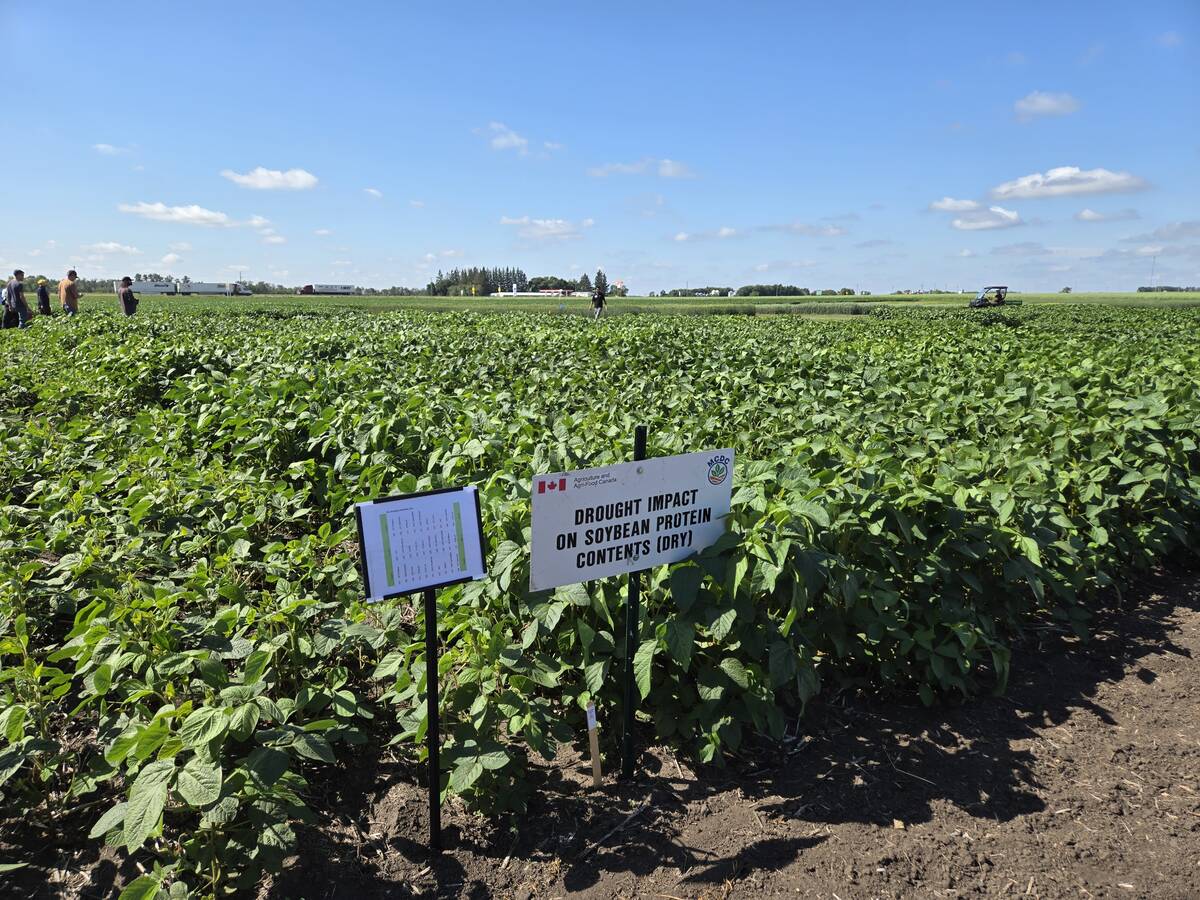You would think the last thing anyone would want is a Canada Revenue Agency (CRA) tax audit.
Well, CRA is warning taxpayers that everyone – and they mean everyone – participating in a tax shelter donation scheme will be guaranteed to get the attention of its audit team.
As of this August, more than 26,000 taxpayers had been audited and reassessed. About $1.4 billion in claimed donations were denied.
And it doesn’t end there. Another 20,000 audits comprising $550 million in donations have just been completed and another 50,000 taxpayers are about to enter the audit stream. CRA has established a major audit team that is dedicated to reviewing all tax shelter donation claims.
Read Also

Carberry field day looks for agriculture solutions
Manitoba farmers explored research solutions for resilient crops, perpetual agronomic issues and new kinds of agricultural products at a field day at the Manitoba Crop Diversification Centre in Carberry on Aug. 6.
Tax shelter donation schemes promising big tax savings have been around for a while, certainly long enough to attract CRA’s attention and long enough to build up a series of court judgments that have backed the taxman’s position. Some schemes promise donation receipts equal to three or four times the cash payment.
The art flip dodge is a case in point. This program offered investors an opportunity to buy art at low cost and then donate the art at inflated appraised values to a charity. The charity then provided a donation receipt in the amount of the higher appraised rate.
Much to the dismay of donors and charities, they did not get one cent more than the original cost of the donation. Some charities even risked losing their tax exempt status because they could not redeem the art for the higher appraised value and therefore could not apply more than 80 percent of their income stream to their charitable purpose. Their income stream was determined by the tax receipts they issued.
This program has effectively been shut down, with thousands of taxpayers now on the hook for the back taxes and interest owed. However, the market for aggressive tax shelter plans dislikes a void, and several new schemes have cropped up, such as investing in life-saving drugs for third world countries, text books and, of all things, comic books.
The drug program is particularly aggressive. The program’s promoter will acquire drugs to treat AIDS, HIV or malaria, frequently in offshore markets. By donating money to the promoter, which has a charitable organization registration number, the taxpayer receives a charitable donation receipt. Taxpayers may then request that the drugs bought with their donations be given to another charitable organization. This generates a second charitable receipt for the donor for a gift in kind.
For obvious reasons CRA doesn’t appreciate this double dipping and, depending how the market value of the drugs is determined, the return to the taxpayer through tax deductions can be particularly lucrative.
The promoter will frequently cite third party tax and legal opinions that seem to endorse the gift arrangement, but they are not getting much approval from CRA.
CRA advises that before entering into an agreement with one of these promoters, taxpayers should refer to a tax specialist that is not affiliated with the scheme. CRA also cautions that if the returns seem too good to be true, they probably are.
Either way, if you invest you will get audited.
Larry Roche is a tax analyst with farm taxation and planning specialists Farm Business Consultants Inc. He can be contacted at fbc@fbc.ca or call 800-860-7011.














